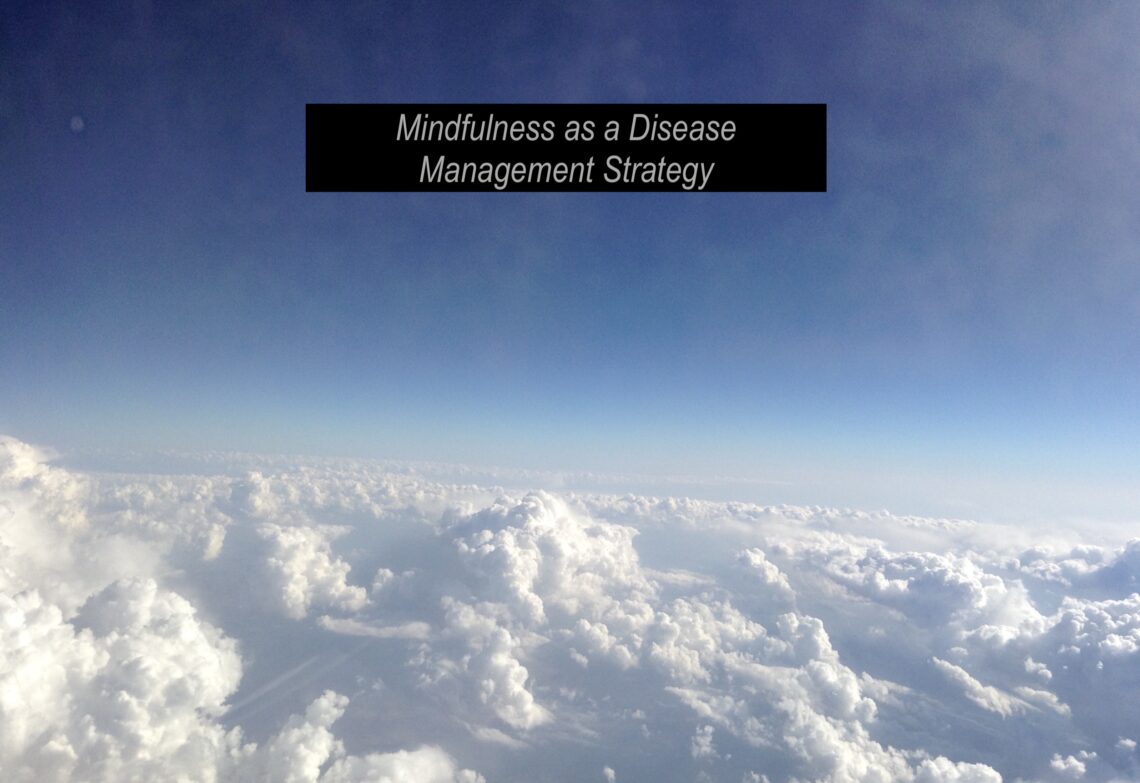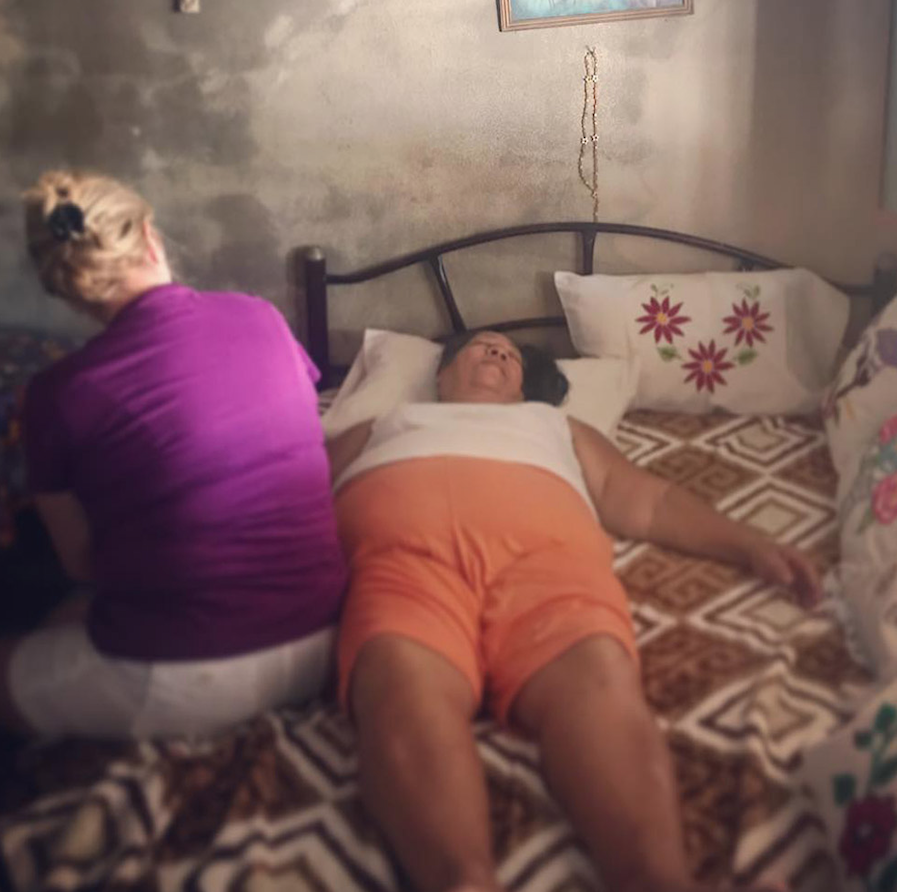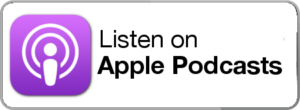How is the threat of Covid-19 (coronavirus) impacting your life? Beyond fierce hand washing, are you changing how you relate to others? Is social distancing keeping you indoors? Are you second-guessing where you go, what…
Being diagnosed with a chronic, debilitating disease can certainly bring stress to one’s life. In fact, that stress can be significant enough to be called trauma. How one handles this stress varies. Some people have…
Patient Advocates, Patient Leaders
- February 4, 2020
- Tagged as: advocacy, autoimmune condition, caregivers, chronic fatigue syndrome, chronic illness, chronic pain, collagen six intermediate congenital muscular dystrophy, fatigue, fibromyalgia, Limb Girdle, lupus, Lyme disease, muscular dystrophy, neuromuscular disease, patient advocate, patient leader, respiratory, respiratory health, ventilator
What is a Patient Advocate? A patient advocate can be an actual patient with a mental and/or physical health condition, a caregiver for someone with a health condition, or a paid professional advocating on behalf…
A family physician talks about ways to avoid the flu, and enhance your immunity, during this peak season for influenza. Plus, you might learn some flu factoids for your next flu trivia contest. Stay on…
End-of-life planning is a huge topic. In previous podcast episodes we’ve covered the donation of body tissue for scientific research and attending a life transitions retreat. With three fascinating guests you’ll learn about an annual…
Is using Social Media important to you? Which platform do you use to find support from others with the same chronic health condition? If you’re a caregiver, do you access an online group to connect…
Singing along to classics from my youth definitely has a positive effect on my mood. From sharing a karaoke night with friends to learning about music therapy from a licensed creative arts therapist, this episode…
September is National Preparedness Month. If you have a chronic health condition, an injury, or are physically, developmentally, or intellectually disabled there is additional preparedness planning you’ll need to do in the event of a…


